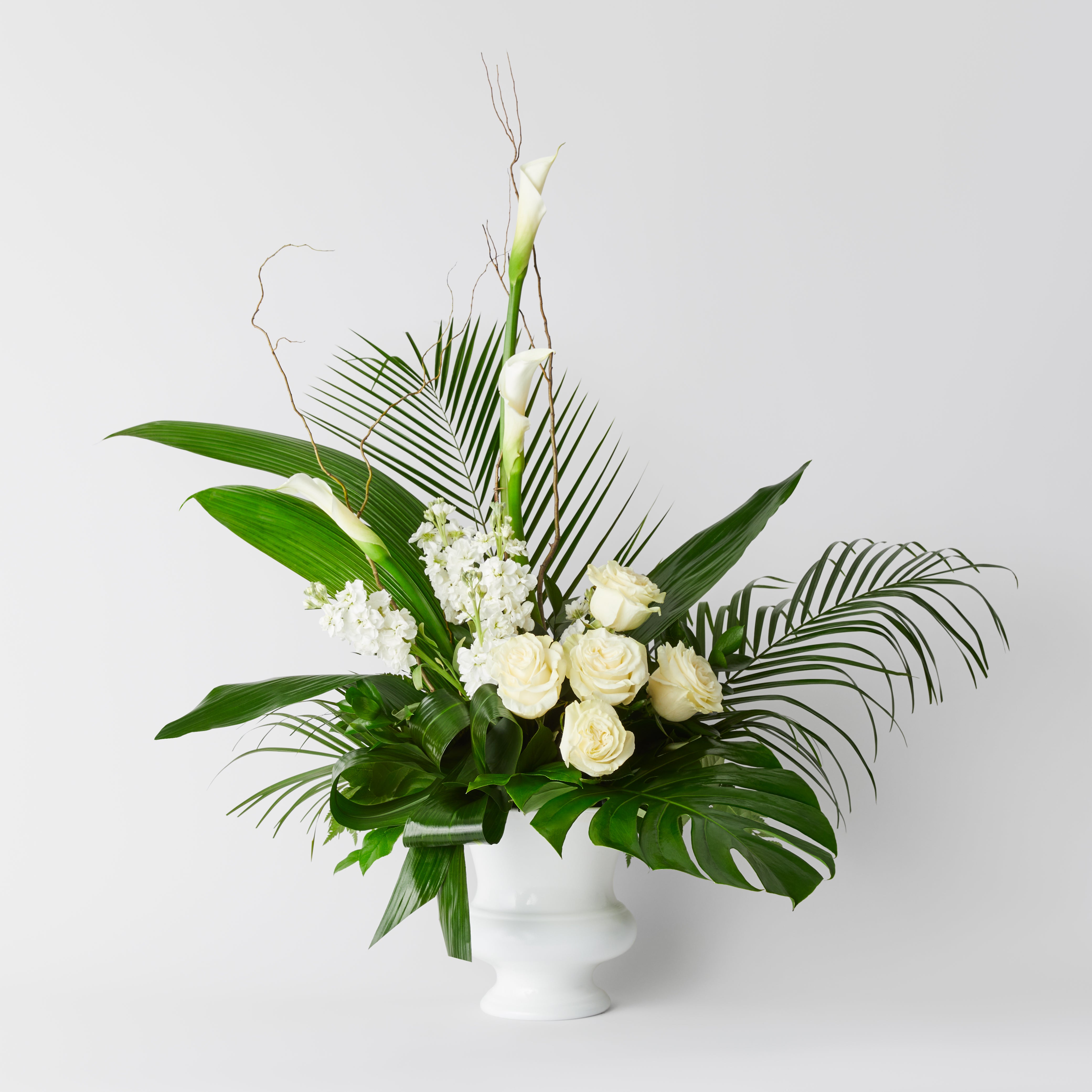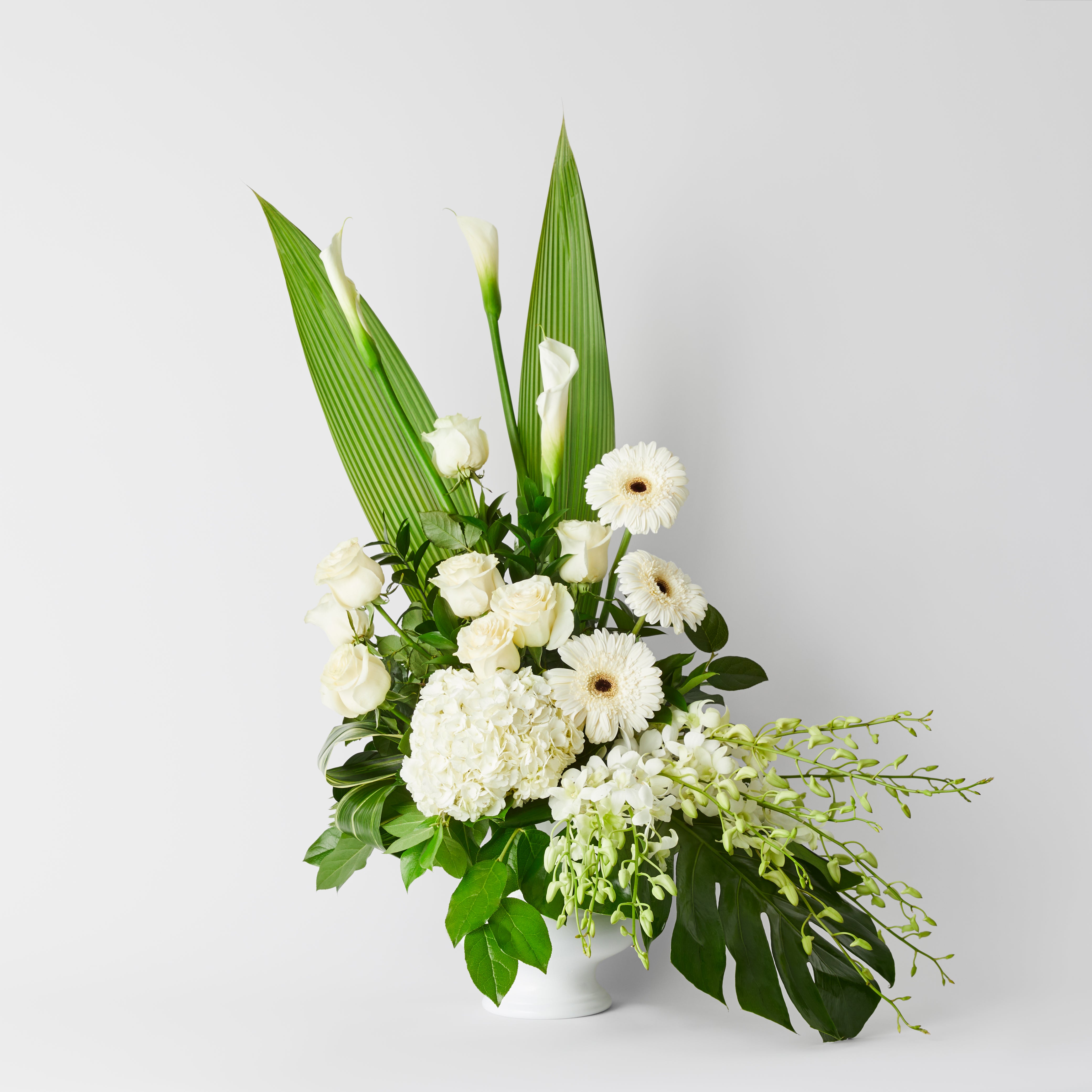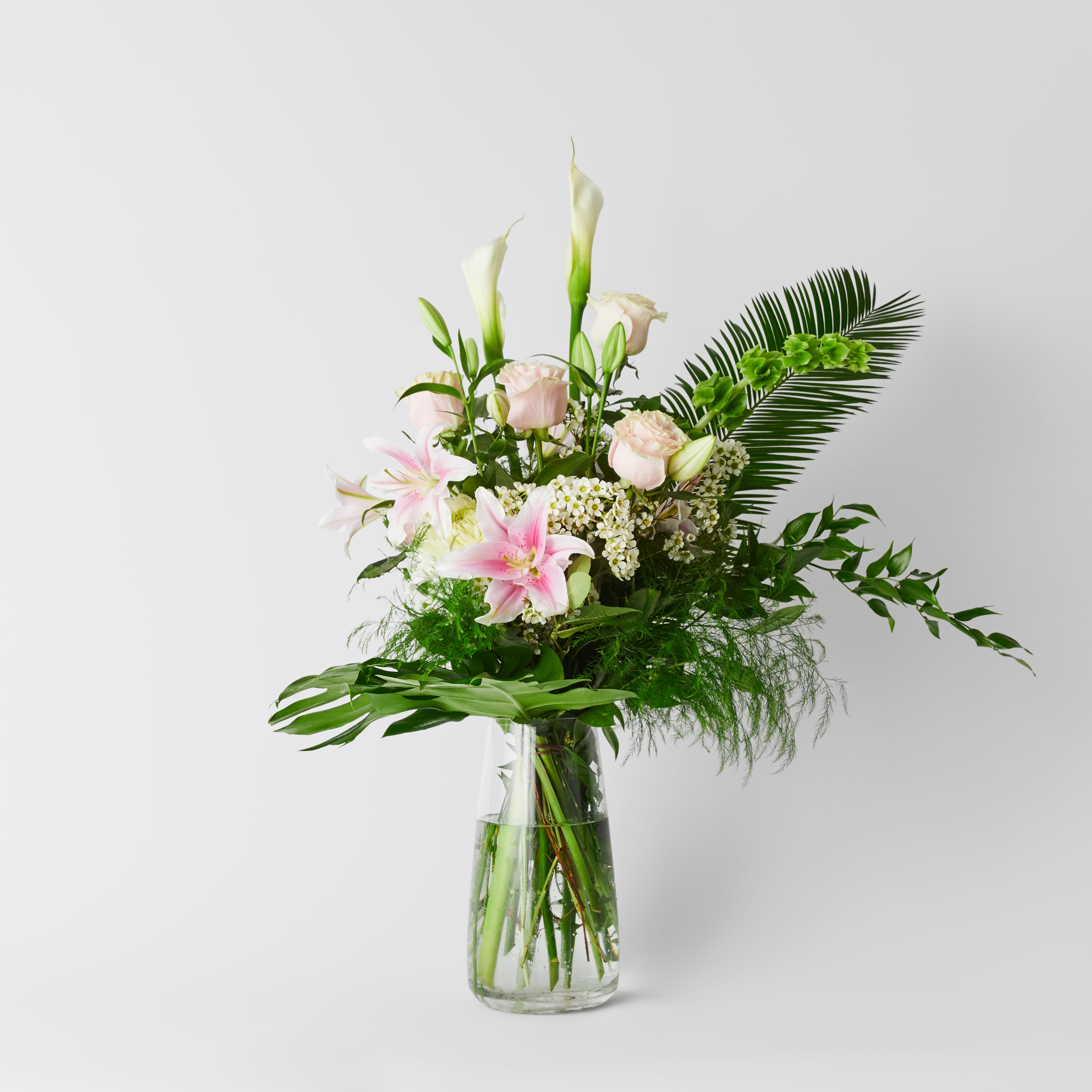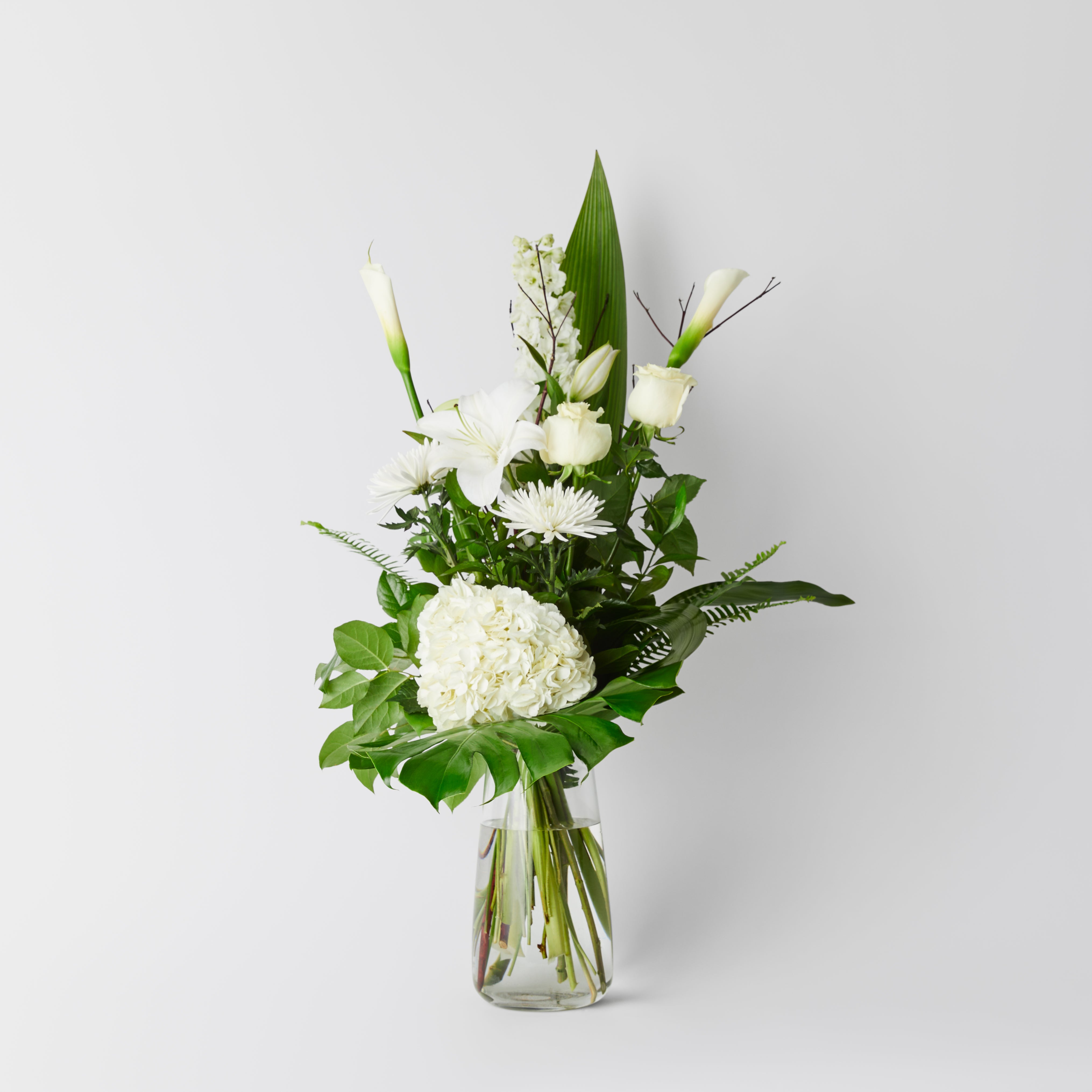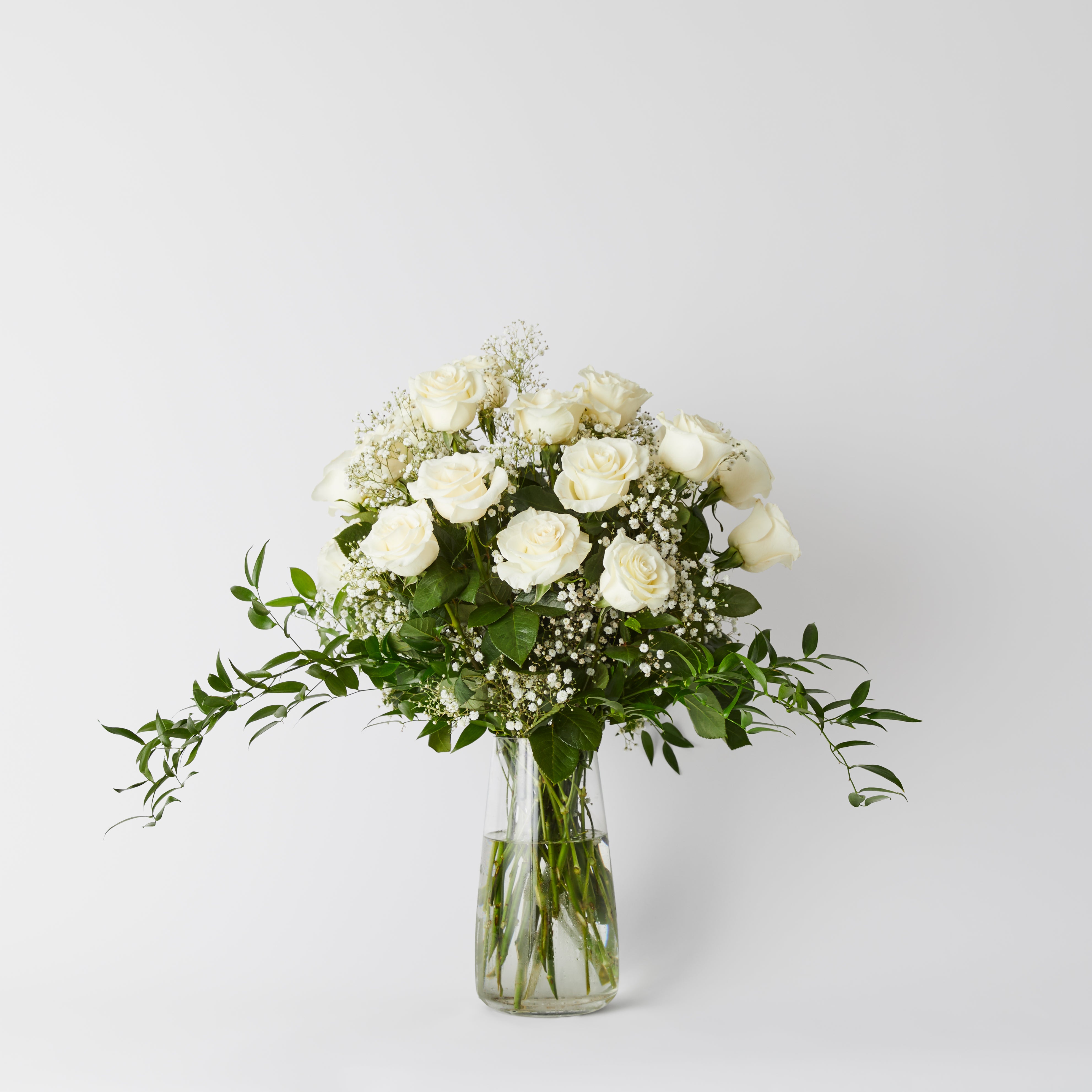Religious services for the deceased: how funeral homes adapt to your faith
Religious services for a deceased loved one vary greatly from one religious community to another. Each one commemorates the transition to the afterlife in different ways, depending on their relationship with death. At Yves Légaré, we feel that it is important to understand different religions, beliefs, and customs. Our team takes great care to adapt the different services and create customized ceremonies.
Different Types of Ceremony Across Religions
Catholic Funeral
In the Catholic faith, there is generally a vigil, where photographs of the deceased and flowers are displayed. This is when people come to pay their respects to the deceased’s close family members. The mass (requiem) is then held in a church and led by a priest. During a Catholic funeral, the casket is sprinkled with holy water and the attendees are invited to pray, sacred texts are read and there are religious chants; sometimes eulogies are said by the people closest to the deceased. The casket is then carried to the catholic burial ground.
Some people might prefer final absolution, which is a shorter ceremony without eucharist, held in a ceremony room or a crematorium. Our counselors can help you organize the funeral ceremony.

Muslim Funeral
Before a Muslim funeral is held, ablutions are performed by the family (ritual cleansing of the body), and then the body is wrapped in a white linen or cotton cloth. Just like for Jewish traditions, the burial must be completed quickly, given that the use of chemicals is prohibited.
During a Muslim burial day, people closest to the deceased and the members of the community form a funeral procession, carrying the body to the burial ground, which is usually in a Muslim cemetery. The body is buried in a grave, facing the Mecca. An Imam generally leads prayers.
Protestant Funeral
Protestant funeral ceremonies are generally simple and sober. The family can choose to organize a ceremony or not, with or without viewing of the body or urn, cremation being the preferred choice in the Protestant faith. During the funeral service, there can be passages read from the Bible and religious chants. At the end of the ceremony, the pastor will bless the living and pay tribute to the deceased.
Ceremonies vary greatly in the Protestant faith and are not rigid. Our counselor will be here to guide you according to your preferences.
Jewish Funeral
When someone dies, the Chevra Kadisha cleanses and purifies the body according to the Jewish faith, then dresses the deceased in burial garments called tachrachim. There is no viewing during a Jewish funeral. The family can gather in a small room and tear a piece of clothing, which will then be worn to demonstrate that they are grieving. The wooden casket is then carried to a synagogue, a funeral parlour or to the burial ground. Sacred prayers are said, and sacred texts are read, along with a eulogy.
The burial takes place as soon as possible. During the burial, family and close friends symbolically throw earth onto the casket.
Buddhist Funeral
During a religious service for a deceased loved one, there are speeches, teachings and sutras said by Buddhist monks. The funeral usually takes place in a home or in a monastery. There can be a viewing, during which a portrait and an image of Buddha are placed in front of the casket, along with fruits, candles and incense. Prayers are generally said following the cremation.
Hindu Funeral
Hindu funeral rituals usually go by quickly. A purification ritual is generally practiced, and the head is oriented towards the south. Friends and family can visit the home to pay their respects. A ceremony called Mukhagani is generally held in the crematorium and led by a Brahman. People recite prayers, and then the cremation follows. It is customary to disperse the ashes in a body of sacred water.
Sikh Funeral
Traditionally, the body is transported to a place of worship, where people gather to pray and sign hymns, then to the crematorium, where the family assists in the process. Prayers are also recited at this time. Ashes are generally dispersed in a river.
Non-Denominational Ceremony
Non-denominational ceremonies are more and more popular, and don’t follow any particular rules; they are designed according to the family or the deceased person’s wishes. Our funeral services are customized to your specific needs and wishes.
The different possible steps for ceremonies
Viewing
During this step of the process, the deceased’s body or the funeral urn is displayed for viewing in a specific place like a funeral home. Close ones and family can then pay their respects, share memories and pay tribute to the deceased loved one.
Liturgy
A liturgy is often performed during the religious service for the deceased, to whom we pay tribute and for whose soul we pray. This step can include the reading of sacred texts, songs and prayers, depending on the religious beliefs.
Funeral
The funeral is generally held in a place of worship and implicates specific rituals. There can be eulogies or speeches, and prayers at this time.
Burial
The burial is the moment in which the deceased’s body is placed into the ground. This step can take place after the funeral or be part of it. This practice will vary from one religion or faith to another. The casket or the urn can be buried. Moreover, it is possible to opt for a columbarium after the cremation.
Cremation
The cremation consists of burning the deceased’s body, to reduce it to ashes. This step is practiced by numerous religious communities. The ashes can then be dispersed, buried or kept in a special place, like at home or in a columbarium.
Organizing a Religious Service for a Loved One, Together
Have you lost a loved one? Take a look at our page on what to do when someone passes to find out more about the different steps to take. No matter your beliefs or culture, we can guide you through the different administrative steps and help you organize a religious funeral with the deepest levels of respect.
Contact Yves Légaré funeral homes in Laval, Pierrefonds and other locations in the Greater Montreal area for customized guidance and support.



